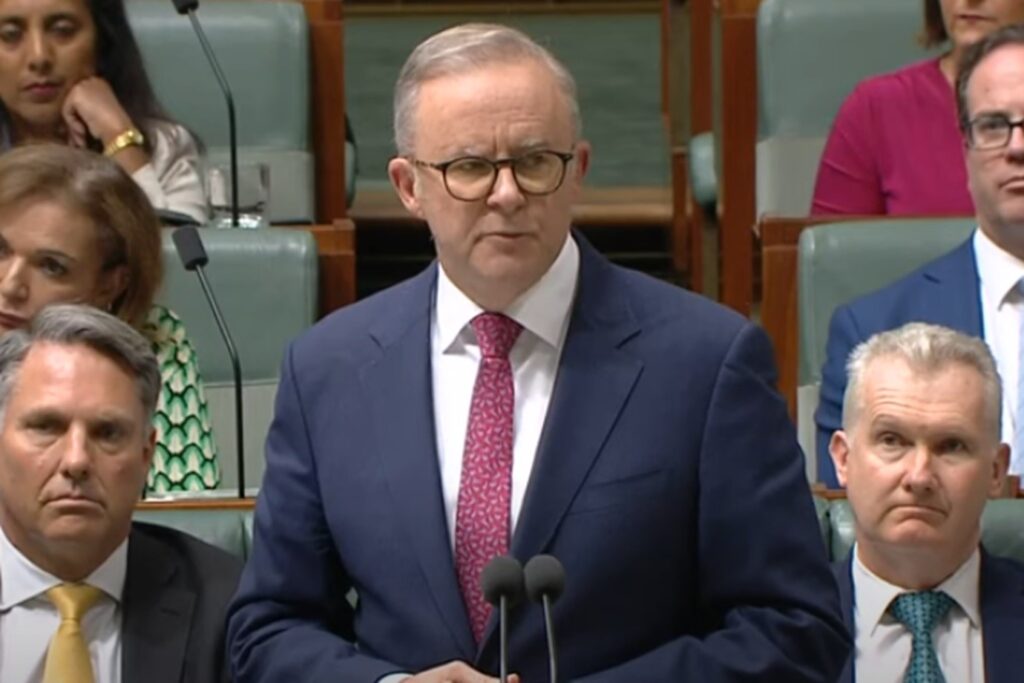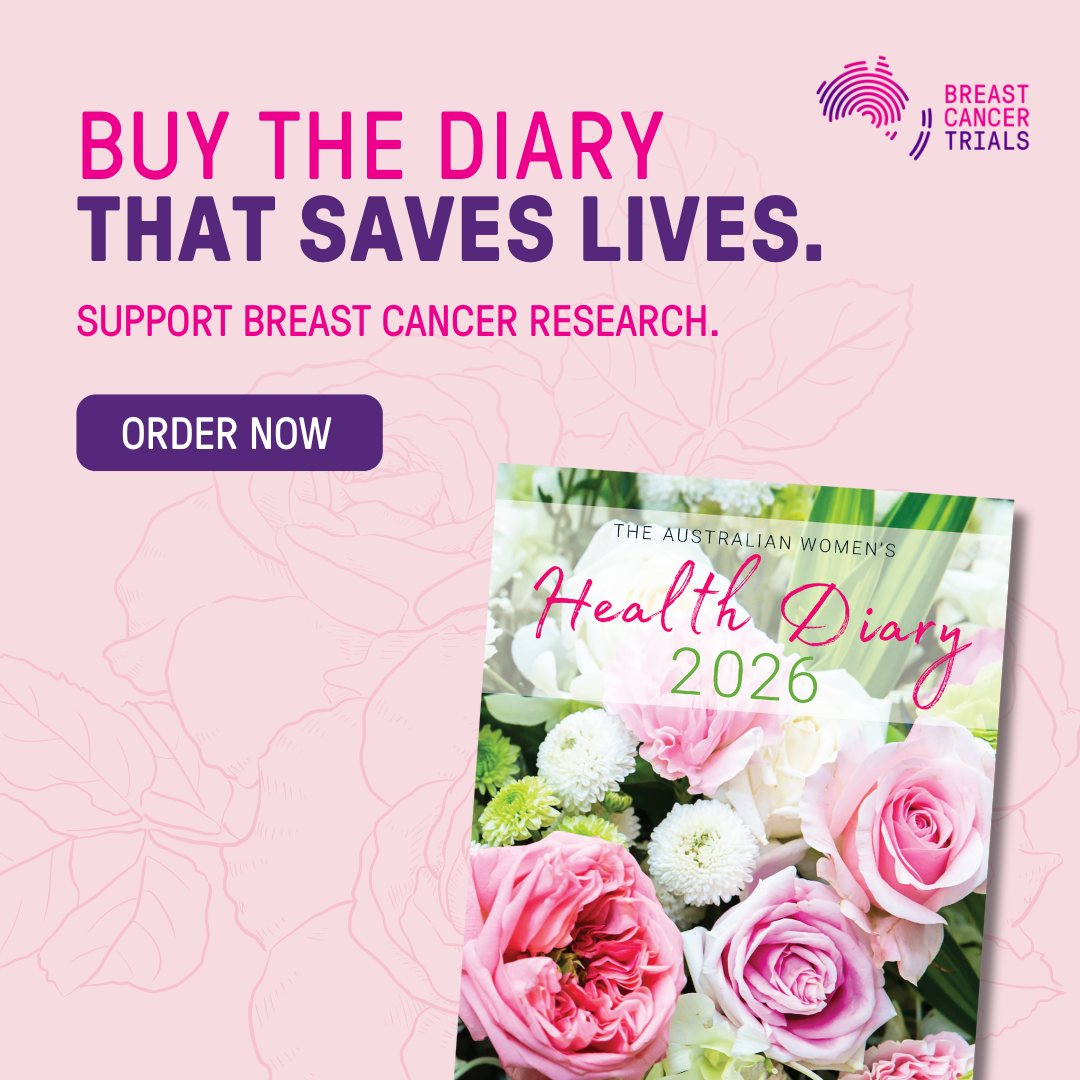Parliament has a booze problem.
This has been well documented by an array of mostly female parliamentarians in recent years and it contributes heavily to a persistent, archaic culture in politics that’s still heavily centred around “the boys”.
Yes, parliament is A LOT more diverse than it’s ever been. We have more women in cabinet than ever before and more MPs from non-anglo backgrounds than ever before. This is great progress that will contribute to shifting the culture.
But as someone who once lived at a previously all-male Sydney University college, that had only recently started accepting women, I can tell you that ingrained cultural rot takes a long time to undo.
That’s why, off the back of Barnaby Joyce’s recent alcohol/prescription drug/planter box transgression, Independent Member for Warringah, Zali Steggall suggested in parliament yesterday that the government consider random drug and alcohol testing.
Steggall asked if the PM would follow the lead of numerous workplaces in Australia that carry tests out to “ensure a safe and respectful environment”.
“Will you commit to legislating for random alcohol and drug testing of MPs, senators and staff in the federal parliament due to the apparent ongoing issues with too much alcohol consumption?” she asked.
Albanese said that while he recognised Steggall’s question came “from a place of genuine concern” and acknowledged there had been issues “from time to time” in parliament, random alcohol and drug testing was not something he supported.
“One of the things about our jobs is we’re accountable,” Albanese said, “every three years, at least, we go to the Australian people and we’re accountable for what we say and what we do and how we act.”
“And that is a democratic process that is appropriate. I would have thought that we are all responsible adults and we should act appropriately out of respect for the people who vote to put us here.
“I don’t want to see us be in a position where we say that we are unable to act like adults, and to have the suggestion which is made. So, I understand why she makes it, the member for Warringah, but it is not something that I have supported.”
It’s not the first time a female politician has suggested this. Former Liberal MP, Julia Banks, wrote an op-ed for the Sydney Morning Herald in 2021 suggesting male politicians cease referring to parliament as “the house” as though it was their own. Slamming the culture as a “boys’ club”, Banks went on to endorse the idea of banning alcohol in offices, making the formal business contact hours from 8am until 6pm so everyone can go home, and to “introduce random breath and drug testing for MPs”.
Former Coalition Cabinet Minister, Karen Andrews told The ABC’s Kitchen Cabinet that “there are quite a number of people that don’t go home to their own bed on their own,” and that “a lot of alcohol” was the culprit. She also suspected being held back from her political aspirations because she didn’t attend the “late-night meetings” of men plotting the party’s future.
Others like former Foreign Minister Julie Bishop have noted a toxic culture that’s developed in parliament over many years. To the ABC’s 7:30 in 2021, Bishop said that “what concerns me is that Parliament House is where the laws are made. We, in parliament, are the legislators, we make the laws that we impose on workplaces across the country. Parliament House should be the exemplar, the gold standard, the place where people should see how best practice in workplaces should be carried out.”
Of course, we know this isn’t the case.
Former Sex Discrimination Commissioner, Kate Jenkins wrote extensively about alcohol in her final ‘Set the Standard’ report. She found that throughout the Review, the Commission consistently heard concerns from participants about the culture of drinking and alcohol use in CPWs (Commonwealth Parliamentary Workplaces). She noted a “work hard, play hard” culture that was both disadvantageous and dangerous for women.
Of the 28 recommendations handed down by Jenkins, one was to implement clearer guidelines on the expectations and standards around the use of alcohol in Parliament. The recommendation further suggested limiting the availability of alcohol for “harm minimisation”.
It comes after the report identified “significant alcohol use” and a “drinking culture” to be one of the risk factors that can contribute to the prevalence of workplace bullying, sexual harassment and sexual assault with current and former politicians and staffers among 1723 people, mostly women, who contributed to the review that involved nearly 500 interviews.
It’s hard to deny that strong action to change the culture around drinking is needed. Barnaby Joyce may have only hurt himself and his reputation in falling off his perch in Braddon, but what about the extent to which alcohol-abuse leads to other more sinister incidents in parliament? The sexual harassment? The bullying? The rape?
No, alcohol isn’t the sole determinant of these issues, but it does influence. And women in parliament still know they’re not safe. With booze so frequently misused, they’re even less so.
Perhaps mandatory alcohol and drug testing isn’t the long-term fix, but it could very well be enough in the short term to show men that times have changed; that being shit faced while you’re approving policies just isn’t how it’s done around here anymore.
And if Albanese recognises this, he’ll show himself as a leader, not just one of the boys.



